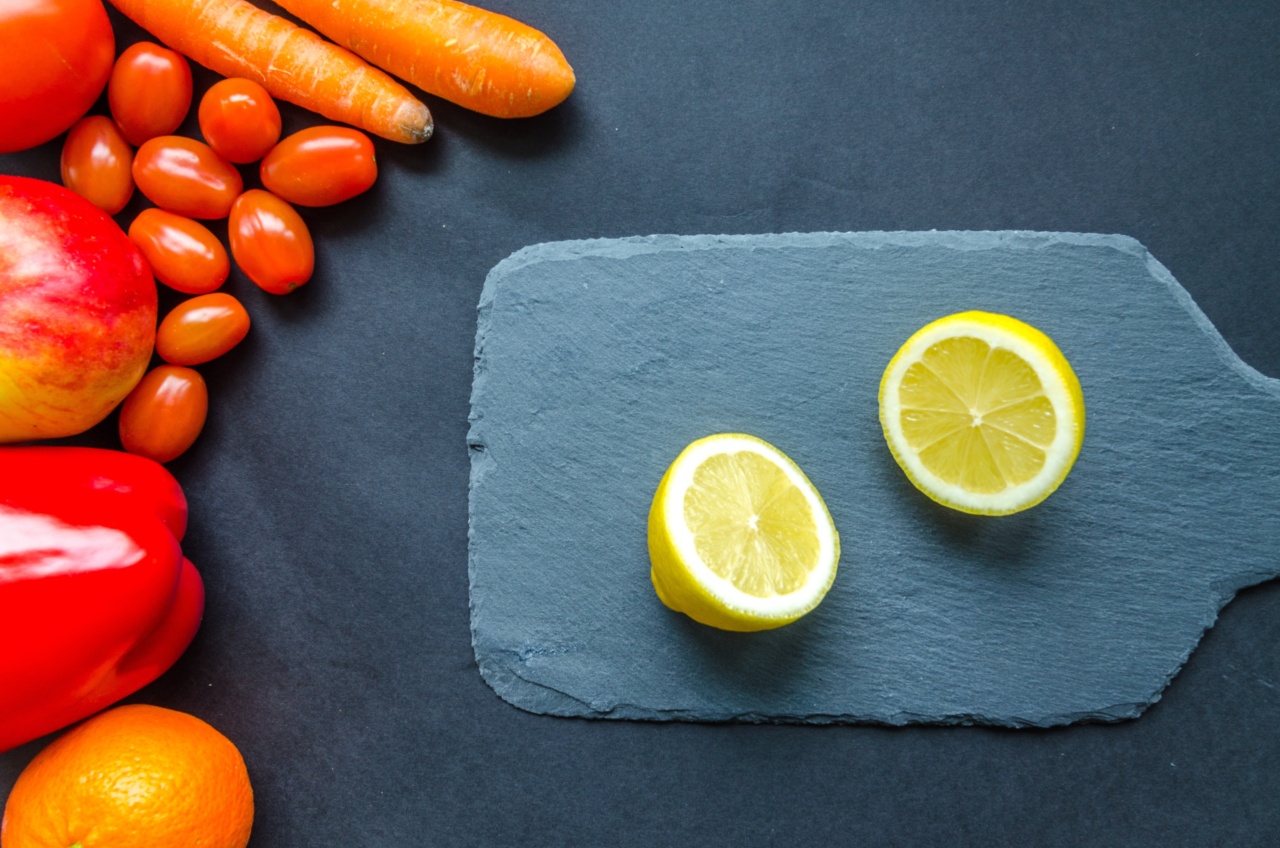Vitamin C is an essential nutrient that helps to boost the immune system and protect against chronic diseases. It can also help to prevent the common cold, improve skin health, and aid in wound healing.
While oranges are a well-known source of vitamin C, there are other fruits and vegetables that contain even higher levels of this important nutrient. Here are 10 fruits and veggies richer in vitamin C than oranges.
1. Kakadu Plums
Kakadu plums are the world’s richest natural source of vitamin C. These small, tart fruits, which are native to Australia, contain up to 100 times more vitamin C than oranges.
They also contain other essential nutrients, such as folate, iron, and antioxidants. Kakadu plums can be eaten fresh or added to smoothies, jams, and sauces.
2. Red Bell Peppers
Red bell peppers are an excellent source of vitamin C, with one cup of chopped peppers providing more than three times the amount of vitamin C found in a medium-sized orange.
They also contain other important nutrients, such as vitamin A, potassium, and folate. Red bell peppers can be eaten raw, roasted, or sautéed, making them a versatile addition to any meal.
3. Kiwifruit
Kiwifruit is another excellent source of vitamin C, with one medium-sized fruit providing more than twice the amount of vitamin C found in an orange. Kiwifruit also contains other essential nutrients, such as vitamin K, potassium, and fiber.
It can be eaten as a standalone snack, added to smoothies, or sliced and added to salads.
4. Guava
Guava is a tropical fruit that is rich in vitamin C, with one fruit providing about four times the amount of vitamin C found in an orange. It is also an excellent source of other important nutrients, such as fiber, potassium, and antioxidants.
Guava can be eaten fresh, juiced, or added to smoothies and salads.
5. Broccoli
Broccoli is a nutritious vegetable that is packed with vitamin C, with one cup of chopped broccoli providing more than the amount of vitamin C found in an orange. It is also rich in other important nutrients, such as vitamin K, folate, and fiber.
Broccoli can be roasted, steamed, or added to stir-fries, making it a versatile addition to any meal.
6. Brussels Sprouts
Brussels sprouts are another cruciferous vegetable that is high in vitamin C, with one cup of cooked Brussels sprouts providing about twice the amount of vitamin C found in an orange.
They are also a good source of other essential nutrients, such as fiber, vitamin K, and folate. Brussels sprouts can be roasted, steamed, or sautéed, and make a great side dish.
7. Pineapple
Pineapple is a tropical fruit that is rich in vitamin C, with one cup of chopped pineapple providing about 80% of the recommended daily intake of vitamin C for adults.
It is also a good source of other important nutrients, such as potassium, manganese, and bromelain, an enzyme that can aid in digestion. Pineapple can be eaten fresh, juiced, or added to smoothies and salads.
8. Papaya
Papaya is another tropical fruit that is high in vitamin C, with one medium-sized fruit providing about twice the amount of vitamin C found in an orange. It is also rich in other important nutrients, such as folate, fiber, and antioxidants.
Papaya can be eaten fresh, added to smoothies and salads, or used to make a healthy salsa.
9. Strawberries
Strawberries are a delicious and nutritious fruit that are high in vitamin C, with one cup of sliced strawberries providing about 150% of the recommended daily intake of vitamin C for adults.
They are also a good source of other essential nutrients, such as fiber, potassium, and antioxidants. Strawberries can be eaten fresh, added to smoothies and salads, or blended into a healthy jam.
10. Cauliflower
Cauliflower is a versatile vegetable that can be used in a variety of dishes and is also high in vitamin C, with one cup of chopped cauliflower providing about 80% of the recommended daily intake of vitamin C for adults.
It is also rich in other important nutrients, such as vitamin K, folate, and fiber. Cauliflower can be roasted, mashed, or used to make a healthy pizza crust.




























